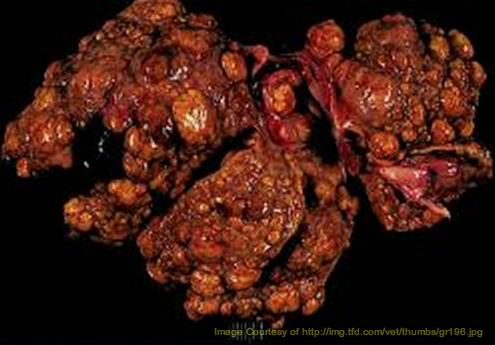Hepatic Fibrosis Treated with Acupuncture and Chinese Herbology
 Wednesday, April 4, 2012 at 12:03AM
Wednesday, April 4, 2012 at 12:03AM  Recent experiments demonstrate the effectiveness of acupuncture combined with a specific Chinese herb, curcumin, in treating fibrosis of the liver. In the study (which you can read about here) the researchers concluded that,
Recent experiments demonstrate the effectiveness of acupuncture combined with a specific Chinese herb, curcumin, in treating fibrosis of the liver. In the study (which you can read about here) the researchers concluded that,
Acupuncture combined with curcumin potently protected the liver from… injury and fibrogenesis.” This was confirmed with laboratory measurements of serum aspartate aminotransferase, alanine aminotransferase, alkaline phosphatase, hyaluronic acid, laminin and procollagen 3. Other histological findings and measurements of alpha smooth muscle actin, extracellular matrix, fibronection and alpha 1 collagen confirm the synergistic hepatoprotective effects of acupuncture combined with curcumin.
 Liver fibrosis,
Liver fibrosis,  cirrhosis,
cirrhosis,  hepatic fibrosis,
hepatic fibrosis,  hepatitis,
hepatitis,  liver in
liver in  Disorders
Disorders